There are many tunings available for the 10-Hole Diatonic, Blues
harmonica. With Ricther Tuning being the overwhelming tuning in use. The major harmonic manufactures of various tunings and my favorite harmonica company, Seydel offers many tunings: Natural Minor, Harmonic Minor, Paddy Ricther, Country Tunings, Melodic Maker, Major Cross, and more...
Ricther Tuning
Richter tuning is the most common tuning type seen on diatonic harmonicas. Named after the 19th century harmonica maker, Joseph Richter , who developed the tuning.…
Richter tuning is a system of choosing the reeds for a diatonic wind instrument (such as a harmonica or accordion). It is named after Joseph Richter, a Bohemian instrument maker who adopted the tuning for his harmonicas in the early 19th century and is credited with inventing the blow/draw mechanism that allows the harmonica to play different notes when the air is drawn instead of blown.
Richter tuning is designed as a compromise between diatonic melody and harmony. The lower portion of the harmonica is designed to play the tonic and dominant chords on the blow and draw respectively (in the key of C, this would be the C major and G major chords). The remainder of the instrument is tuned to, in this example, blow entirely in the key of C major, with each successive note following the sequence of C E G and and the four notes not in the C major chord arranged on the draw in the sequence D F A B.

Standard Ricther Tuning
C Major, Diatonic Harp, Bendable Notes
These are he over-blow & over-draw notes variable on the standard Ricther tuned harp.

It provides the Tonic or I chord of Major keys on the Draw notes and the Dominant or V chord of the Major scale on the Blow notes. With full diatonic major scale on holes 4 5 6 7.
Ricther Tuning Variations
Country Tuning
Country Tuning is a variation on the Ricther Tuning.

Country Tuning — Notice the F# on Blow 5
This scale is the C Lydian scale or any of the other modes in the G Major/Ionian scale/mode.
Wilde Tuning
Developed by Will Wilde , a special tuning for Rock and Blues Rock.
I designed the Wilde tuning specifically for playing hard rock and blues-rock on the harmonica. As much as I love the standard Richter tuning, I have always found it frustrating when it comes to playing “rock guitar” style licks, particularly in the upper octave. The Wilde tuning addresses all of the problems I had with Richter, whilst still retaining the bluesy feel of classic second position harmonica that we all know and love. — Will Wilde

Holes 1 thru 5 are the same tuning as Standard Ricther Tuning
Paddy Richter Tuning
Developed by Brendon Power for Irish melodies to played easily on the diatonic harmonica.

Country Tuning — Notice the A on Draw-3
Piano Keyboard Reference

Reference for the C4, C5, C6, C7 desalinations on the Harmonica Notes Layouts above. C4 is Middle C
Major Cross Tuning
Developed by Tony Eyers for Irish melodies and traditional fiddle tunes to played easily on the diatonic harmonica.

Major Cross Tuning

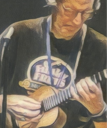
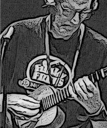

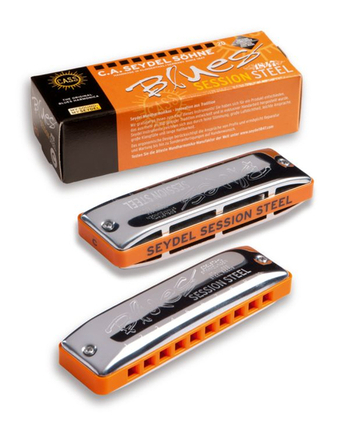
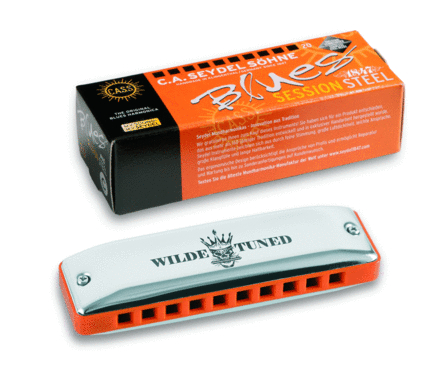
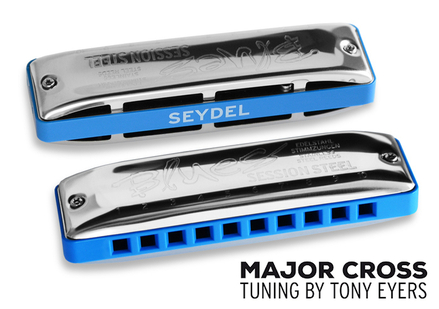
.jpg)